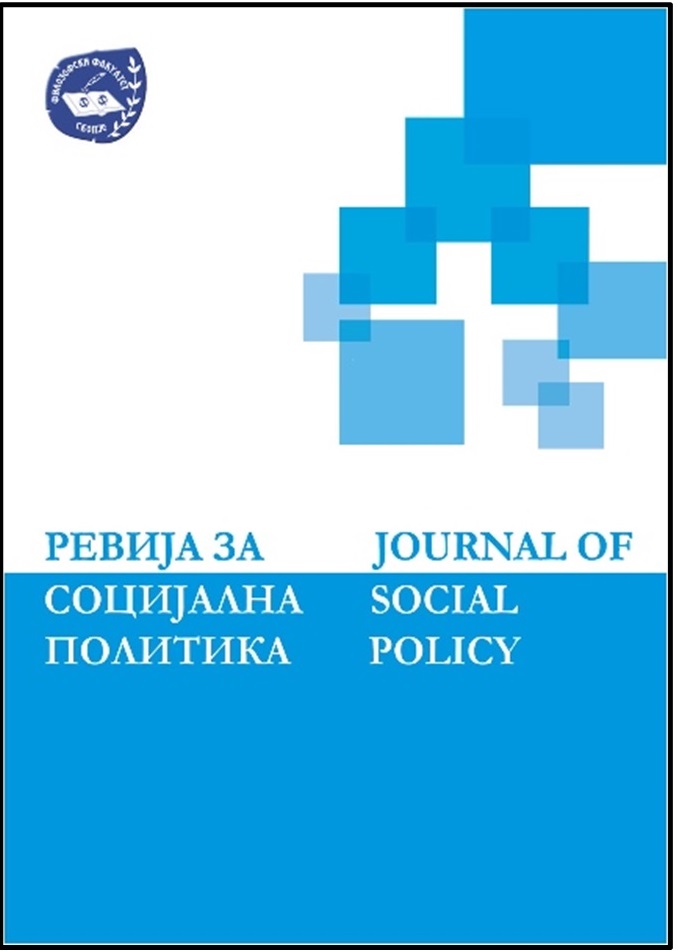Theoretical reflections on Mbembe and Böröcz: race, violence and apartheid in Europe
Апстракт
This article will aim to theorise and reflect upon some of Achille Mbembe’s and Jozsef Böröcz’s work and its implications for understanding social policy development in the European Union and its Eastern European peripheries. Mbembe’s concern with ‘the repopulation and the planetarization of the world under the aegis of militarism and capital and, in ultimate consequence, a time of exit from democracy’ (2019: 9) centres around issues such as colonialism, racism, borderisation, and apartheid understood as separation and enclaving. His emphasis on ‘governing through the law of inequalities’ highlights the many ways in which hierarchies are produced and reproduced. His work also problematises and records the many forms of ‘instrumentalisation of social relations’. Similarly to Mbembe, Böröcz problematises understandings of colonialism, race and white privilege within the context of the EU. Böröcz’s (2021) assertion that race cannot be confined to American scholarship and is a significant theoretical and empirical issue in Europe is an important point. Their work cuts through all important discussions within our disciplinary debates in social policy studies, not least because race, racism and regimes of apartheid are concepts that remain completely marginal in the ‘European’ social policy theoretical vocabulary. As such, the article will catalogue and reflect upon how the theoretical works of both Mbembe and Böröcz could be translated in the context of Eastern European social policy development.
We live in an era where we can discuss everything. With one exception: Democracy. She is there, an acquired dogma. Don’t touch, like a museum display (Saramago, 2006, quoted in Wilson and Swyngedouw, 2015: 1)
Downloads
The journal allows the author(s) to hold the copyright without restrictions.
The journal allows the author(s) to retain publishing rights without restrictions.









